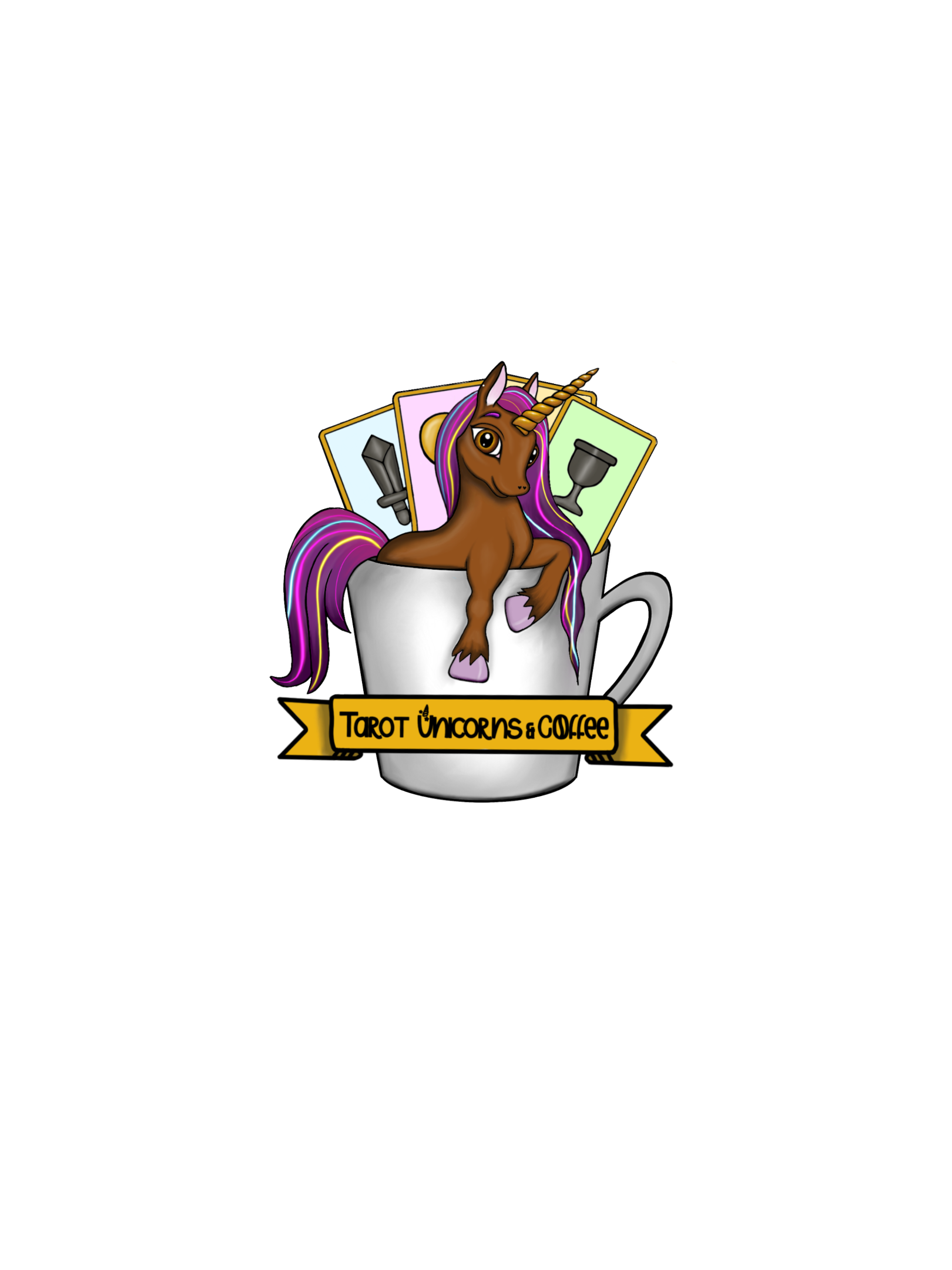Procrastination…is it really bad?
That was a question posed in a spiritual discussion group earlier today. And it really got me thinking about the effects of procrastination on my life. So I dug in and did a little research on procrastination! And what I found was quite interesting.
Did you know?
There are two types of procrastination. Passive procrastination and active procrastination.
Passive procrastination is the more conventional form that most of us are familiar with. This version is another form of avoidance. And can cause some undesirable consequences. Passive procrastination is when you avoid tasks or responsibilities by engaging in activities that provide immediate gratification or distraction. Like scrolling through instagram instead of doing the laundry. Or going out to party instead of finishing your term paper.
This form of procrastination is usually accompanied by increased levels of stress, anxiety and decreased productivity in the long run. It may also bring up feelings of guilt and negative self judgement.
Active procrastination, on the other hand, involves delaying tasks or responsibilities intentionally but productively. Individuals who actively procrastinate are aware of their tendency to procrastinate and use it to their advantage!
They prioritize tasks based on urgency and importance, often choosing to tackle less critical tasks first while allowing more important tasks to incubate in their minds. By delaying tasks strategically, they may find that they work more efficiently under pressure or when they have a clearer sense of direction.
Which will you choose?
Although both forms of procrastination involve delaying tasks or responsibilities, the key difference lies in the approach and mindset of the individual. Passive procrastination involves avoidance and distraction, often leading to increased stress and decreased productivity, while active procrastination involves strategic delay and intentional prioritization, leading to more efficient and effective task completion.
My choice.
This has helped me to change my perspective on how I view procrastination. And relieved the guilt I feel when I delay a task. I can definitely tell the difference between when I’m avoiding and when I’m being strategic. And the results are vastly different! From now on I choose to be an active procrastinator!

